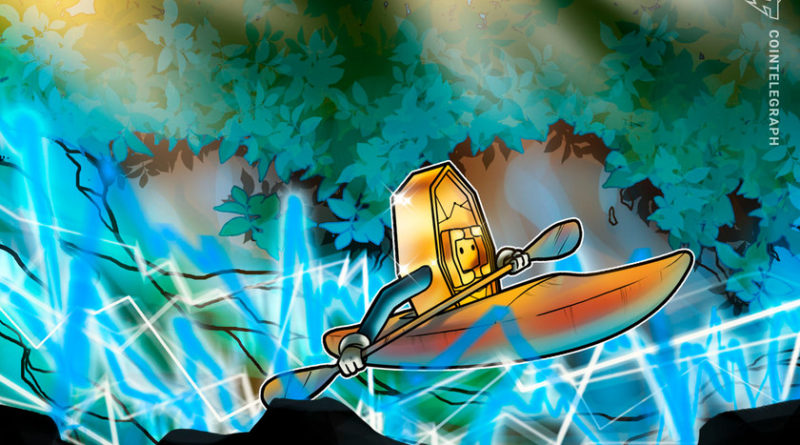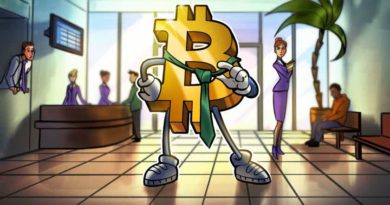WEF 2022: Most DeFi protocols aren’t really decentralized, says European Parliament VP
To properly regulate DeFi, we must first determine whether these protocols are actually decentralized, according to Eva Kaili.
Most decentralized finance (DeFi) protocols aren’t truly decentralized, which means we need proper regulations in place to understand the inner workings of this emerging technology, according to European Parliament vice president Eva Kaili.
In an exclusive interview with Cointelegraph at the World Economic Forum Annual Meeting in Davos, Switzerland, Kaili was asked to outline her definition of DeFi. By definition, DeFi is “completely decentralized,” she said, which means that “nobody can control or […] manipulate a blockchain.”
Our news reporter @JoeNakamoto interviewed Eva Kaili, VP of the European Parliament.
Subscribe to our YouTube video to watch it when it drops: https://t.co/l1uL54PAD1 pic.twitter.com/kMrZj55vI7
— Cointelegraph (@Cointelegraph) May 23, 2022
Achieving decentralization is no easy feat. “Most of them are […] saying they are, but they are not, Kaili said, referring to existing DeFi protocols. She further explained the need to define ecosystem players as part of a broader regulatory framework:
“We need to have safeguards to understand who is a developer, who controls that, what are the keys, if somebody can change the code or not, where is the jurisdiction. We have to make sure we understand how it works. It’s not an easy exercise. This is what disruption is. It’s out of the box challenges that we need to see what are the benefits and ensure we work around that with smart regulation.”
Kaili, who has been a member of the European Parliament since 2014, has been a vocal supporter of Bitcoin (BTC) and blockchain technology for some time. In a previous interview with Cointelegraph Magazine, the Greek national said blockchain technology gives us the tools to strengthen and improve existing systems through trust and stability.
Concerns about DeFi’s governance structures are nothing new, with many ardent Bitcoin supporters arguing that the industry lacks a true monetary alternative to BTC. As former Blockstream CEO Samson Mow explained, most DeFi projects are governed by organizations that can modify their protocol at will.
Although Kaili raised concerns about whether DeFi protocols can truly be regarded as decentralized, European regulators appear to have broadened their understanding of the industry. An April report by the European Commission defined DeFi as a “newly emerging form of autonomous financial intermediation” that’s outside the traditional finance industry. The report also recognized the need to rethink Europe’s regulatory approach on the matter.




